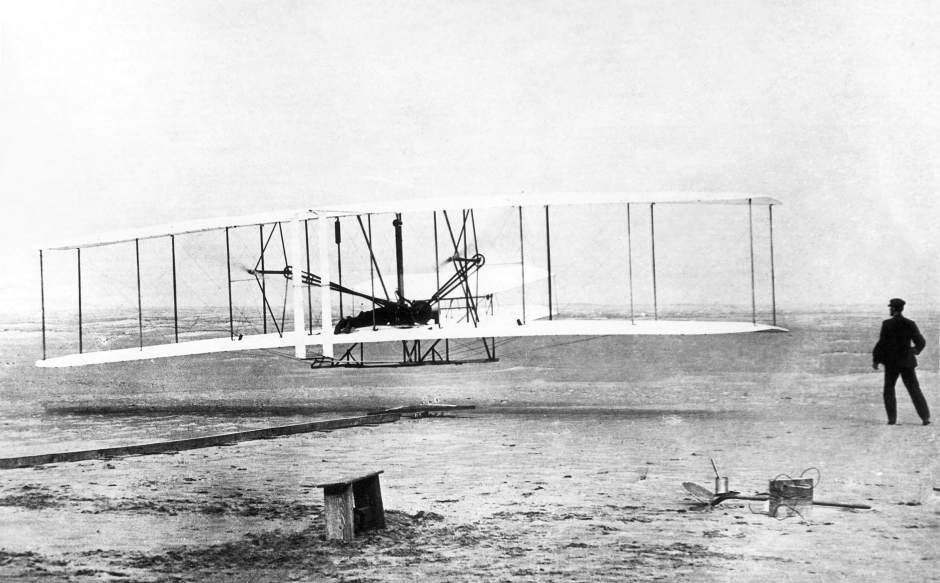David McCullough tells the 'so very American' story
Pittsburgh native David McCullough is a two-time Pulitzer Prize winner, a two-time National Book Award winner and a recipient of the Presidential Medal of Freedom, the nation's highest civilian award. He spoke to the Trib regarding his new book, “The Wright Brothers,” published this month by Simon & Schuster.
Q: Your last book focused on Americans who journeyed to Paris. What made you decide to take on the Wright brothers after that?
A: As often happens, you find your way quite by chance into these ideas.
I was reading about other Americans who had gone to France for some admirable or important purposes in the early 20th century, which was beyond the realm of my last book chronologically, and came upon the Wright brothers. And I was astonished they had gone to France.
At that point, I knew almost nothing about them, except what most all of us learned in a brief moment or two in school — that they came from Ohio, that they were bicycle makers or mechanics and that they invented the airplane.
I began reading a little about them and was astonished to find how much more of the story there was that none of us seemed to know.
Q: For example, they didn't have much formal education, did they?
A: They never even finished high school. The snap judgment was that they were uneducated. But they were superbly educated because they grew up in a family in which reading was stressed strongly and books were available in the house.
They grew up in a house and lived most of their lives there with no running water, no indoor plumbing, no electricity, no telephone. But it was a house that was amply supplied with books because of their Protestant preacher father's insistence on reading — reading everything.
The Wright brothers had this innate curiosity and keen intelligence. Their story is so very American. We forget how much of what we've achieved has been done by people who had relatively few advantages, relatively little notoriety and who weren't looking for notoriety.
The Wright brothers not only didn't like the limelight, they tried to avoid it and didn't change when they became as famous as any people on Earth. Didn't change them a bit.
Q: So even though they were great aviation pioneers, they were very grounded?
A: (Laughing.) I never thought of that. They were very grounded. We should have talked before the book was published.
You're absolutely right. They were no fancy, preening, “Aren't I terrific?” kind of celebrities at all.
Q: You've been a great ambassador for Pittsburgh over the years. In promoting the new book, will your travels bring you back to your hometown?
A: Yes, we're trying to set something up at the Heinz History Center. And I would like to point out that a very, very important part of the story has its roots in Pittsburgh.
The Wright brothers had to build a glider that they could control and they could keep in the air for quite a while just by their skill as pilots. Once they did that, all they had to do is put a motor on it.
They couldn't find a motor that was powerful enough but yet light enough in weight that would serve the purpose. There was nobody in the country making such a motor, so they decided to make it themselves, never having made anything even remotely resembling a gasoline motor.
They made it out of aluminum. And that aluminum came from the newly founded, embryonic Aluminum Company of America in Pittsburgh, Pa.
Eric Heyl is a Trib Total Media staff writer (412-320-7857 or eheyl@tribweb.com).

